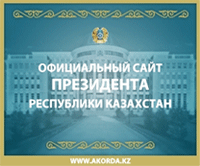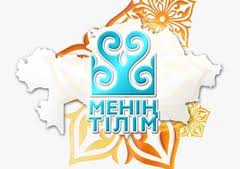A new kind of experiment at the LHC could unravel quantum reality
For Alan Barr, it started during the covid-19 lockdowns. “I had a bit more time. I could sit and think,” he says. He had enjoyed being part of the success at CERN’s Large Hadron Collider (LHC) near Geneva, Switzerland — the particle collider that discovered the Higgs boson. But now, he wondered, were they missing a trick? “I had spent long hours screwing bits of it together. And I thought, ‘Well, we’ve built this beautiful piece of apparatus, but maybe we could be doing more with it,’ ” he says. The LHC is typically seen as a machine for finding new particles. But now Barr and a slew of other physicists are asking if it can also be used to probe the underlying meaning of quantum theory and why it paints reality as being so deeply weird. That’s exactly what Barr and his colleagues are now investigating in earnest. Last year, they published the results of an experiment in which they showed that pairs of fundamental particles called top quarks could be put into the quantum state known as entanglement. This was just the first of many entanglement experiments at particle colliders that could open up a whole new way of studying the nature of the universe. We can now ask why reality in quantum mechanics is so hard to pin down and what this has to do with experimenters — or even particles — having free will. Doing so could reveal whether space-time is fundamental or perhaps unveil a deeper reality that is even stranger than quantum mechanics. “We can do really different things with this collider,” says Barr.
Просмотров: 194
Комментарии













 .png)

.jpg)